From poetic prose that confronts historical traumas to achieving a world free of nuclear weapons. From predicting proteins’ complex structures to training artificial neural networks using physics. From microRNA to new insights into how institutions affect prosperity. The Nobel Prizes 2024 have awarded discoveries and achievements that have benefitted humankind in a myriad of ways.
Nobel Prize in Physiology or Medicine 2024
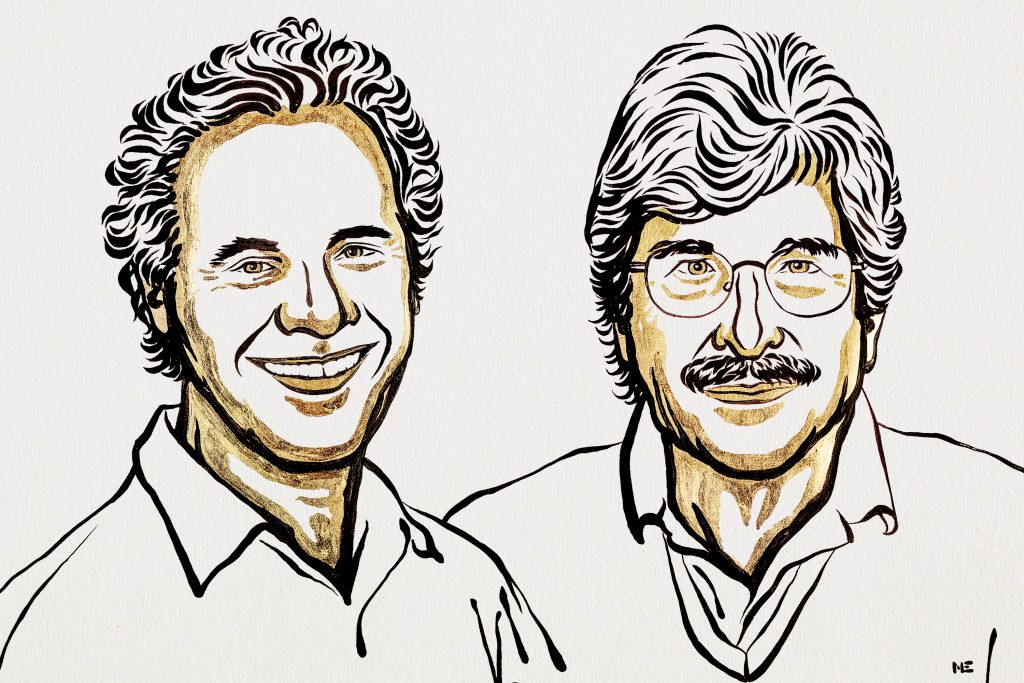
Quick facts
- Awarded to Victor Ambros and Gary Ruvkun
- Prize motivation: “for the discovery of microRNA and its role in post-transcriptional gene regulation”
- The prize is awarded by the Nobel Assembly at Karolinska Institutet
Research on a small worm led to a big breakthrough
“Ladies and gentlemen, good morning.”
These words, by Professor Thomas Perlmann, Secretary-General of the Nobel Assembly at the Karolinska Institutet, were the starting point of the 2024 Nobel Prize announcements.
At 11:30 on Monday 7 October, Thomas Perlmann announced the Nobel Prize in Physiology or Medicine to Victor Ambros and Gary Ruvkun, for their discovery of a fundamental principle governing how gene activity is regulated.
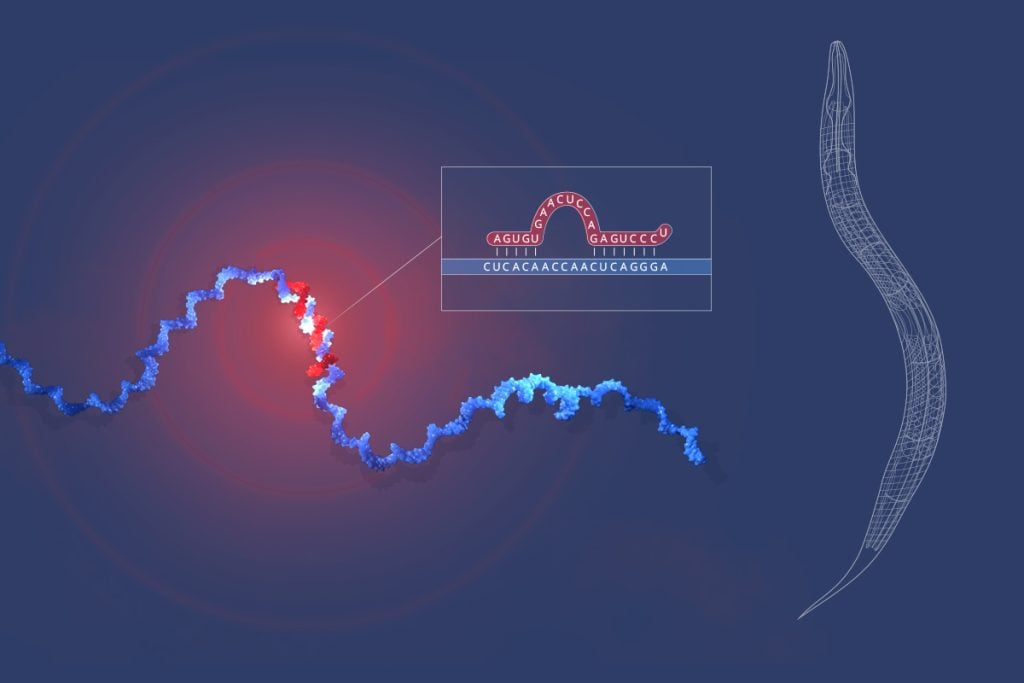
Our genome can be likened to an instruction manual for all cells in our body. Every cell contains the same set of instructions. Yet, different cell types have very distinct characteristics. These differences arise from gene regulation, which allows each cell to select only the relevant instructions. In 1993, Gary Ruvkun and Victor Ambros discovered microRNA, a new class of tiny RNA molecules that play a crucial role in gene regulation.
Ambros and Ruvkun’s seminal discovery in the small worm C. elegans was unexpected, and revealed a new dimension to gene regulation, essential for all complex life forms.
“They were looking at two worms that looked a bit funny and decided to understand why – and they discovered an entirely new mechanism for gene regulation.”
Professor Olle Kämpe, Member of the Nobel Committee for Physiology or Medicine
Watch the interview with Olle Kämpe after the prize announcement
The small worm C. elegans has been studied by several previous Nobel Prize laureates, among them Robert Horvitz, who was awarded the Nobel Prize in Physiology or Medicine 2002, alongside Sydney Brenner and John Sulston. In the late 1980s, Victor Ambros and Gary Ruvkun were postdoctoral fellows in the laboratory of Robert Horvitz.
2008 chemistry laureate Martin Chalfie and 2006 medicine laureates Andrew Fire and Craig Mello have also made discoveries based on studies on C. elegans.
Nobel Prize in Physics 2024
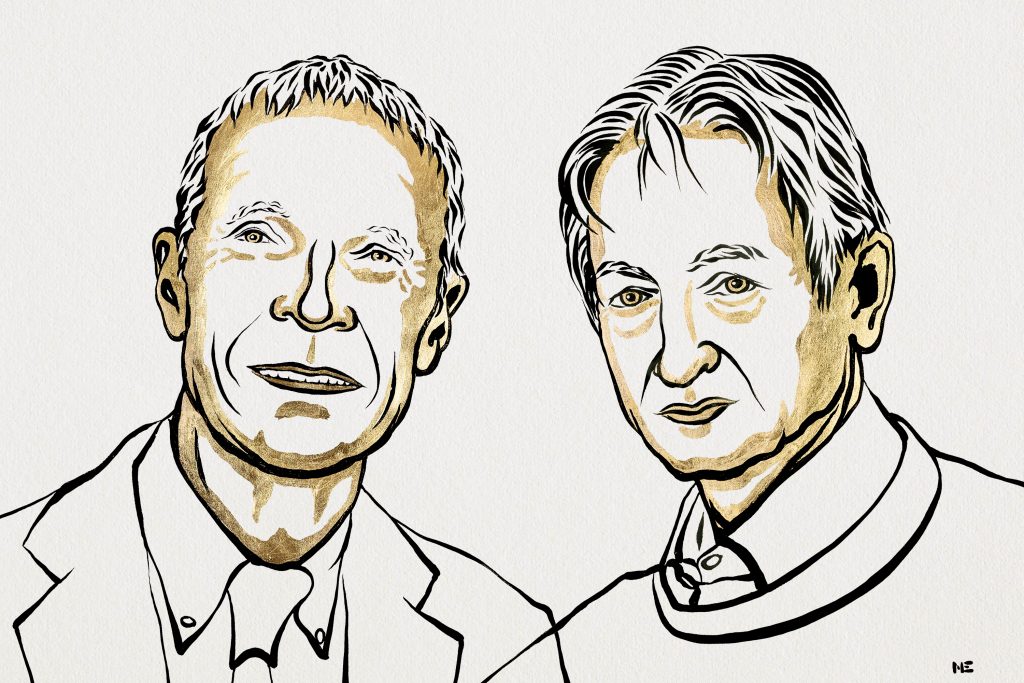
Quick facts
- Awarded to John J. Hopfield and Geoffrey Hinton
- Prize motivation: “for foundational discoveries and inventions that enable machine learning with artificial neural networks”
- The prize is awarded by the Royal Swedish Academy of Sciences
They used physics to find patterns in information
On 8 October, the Royal Swedish Academy of Sciences announced the 118th Nobel Prize in Physics to John J. Hopfield and Geoffrey Hinton. The 2024 laureates used tools from physics to construct methods that helped lay the foundation for today’s powerful machine learning.
Although computers cannot think, machines can now mimic functions such as memory and learning. This year’s laureates in physics have helped make this possible. Using fundamental concepts and methods from physics, they have developed technologies that use structures in networks to process information.
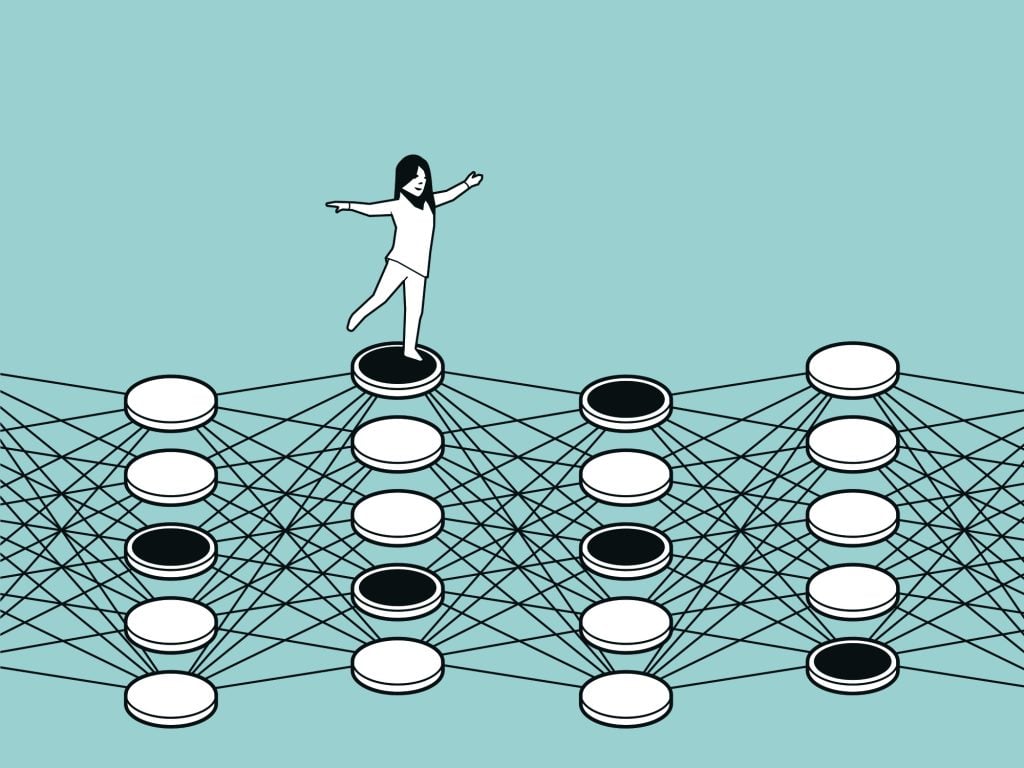
In 1982, John J. Hopfield invented a network that uses a method for saving and recreating patterns. He found inspiration in physics’ models of how many small parts in a system affect the system as a whole. The invention became important in, for example, image analysis.
In 1983–1985, Geoffrey Hinton used tools from statistical physics to create the Boltzmann machine, which can learn to recognise characteristic elements in a set of data. The invention became significant, for example, for classifying and creating images.
Hinton received the phone call from Stockholm in the early hours in a hotel room in California, USA. In an interview shortly after the announcement, he described himself as “someone who doesn’t really know what field he’s in but would like to understand how the brain works.”
“In my attempts to understand how the brain works, I’ve helped to create a technology that works surprisingly well.”
Geoffrey Hinton, Nobel Prize laureate in physics 2024
Machine learning has long been used in areas we may be familiar with from previous Nobel Prizes in Physics. These include the use of machine learning to sift through and process the vast amounts of data necessary to discover the Higgs particle (François Englert and Peter Higgs). Other applications include reducing noise in measurements of the gravitational waves from colliding black holes (Rainer Weiss, Barry Barish and Kip Thorne), or the search for exoplanets (James Peebles, Michel Mayor and Didier Queloz).
Nobel Prize in Chemistry 2024
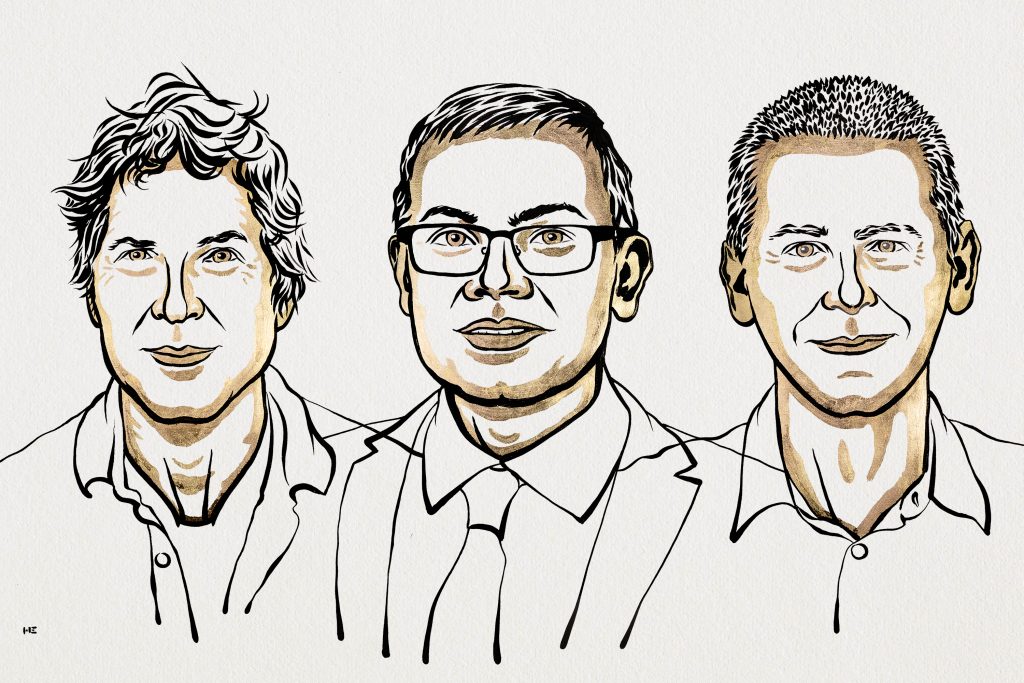
Quick facts
- Awarded to David Baker, Demis Hassabis and John Jumper
- Prize motivation: one half awarded to David Baker “for computational protein design”, the other half jointly to Demis Hassabis and John Jumper “for protein structure prediction”
- The prize is awarded by the Royal Swedish Academy of Sciences
They cracked the code for proteins’ amazing structures
The Nobel Prize in Chemistry 2024, awarded by the Royal Swedish Academy of Sciences on 9 October, is about proteins, life’s ingenious chemical tools.
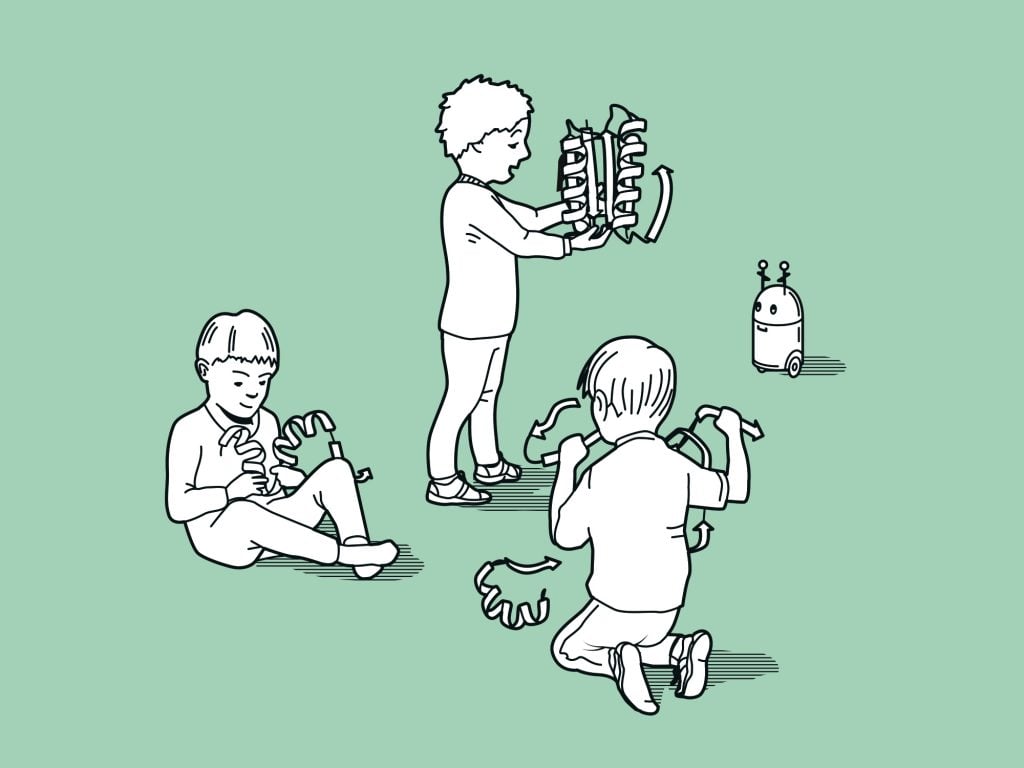
Proteins generally consist of 20 different amino acids, which can be described as life’s building blocks. In 2003, David Baker succeeded in using these blocks to design a new protein that was unlike any other protein. Since then, his research group has produced one imaginative protein creation after another, including proteins that can be used as pharmaceuticals, vaccines, nanomaterials and tiny sensors.
In 2020, Demis Hassabis and John Jumper presented an AI model called AlphaFold2. With its help, they have been able to predict the structure of virtually all known proteins. AlphaFold2 has been widely used in many areas, including research into pharmaceuticals and environmental technology.
“This prize has opened up a completely new world of protein structures.”
Professor Johan Åqvist, Member of the Nobel Committee for Chemistry
Watch the interview with Johan Åqvist after the prize announcement
Proteins have been spotlighted several times in the history of the Nobel Prize. Max Perutz and John Kendrew received the Nobel Prize in Chemistry in 1962 for their major achievement of successfully using X-rays to determine the structures of complex proteins. Christian Anfinsen and Linus Pauling are other Nobel Prize awarded scientists who made discoveries on proteins.
Nobel Prize in Literature 2024
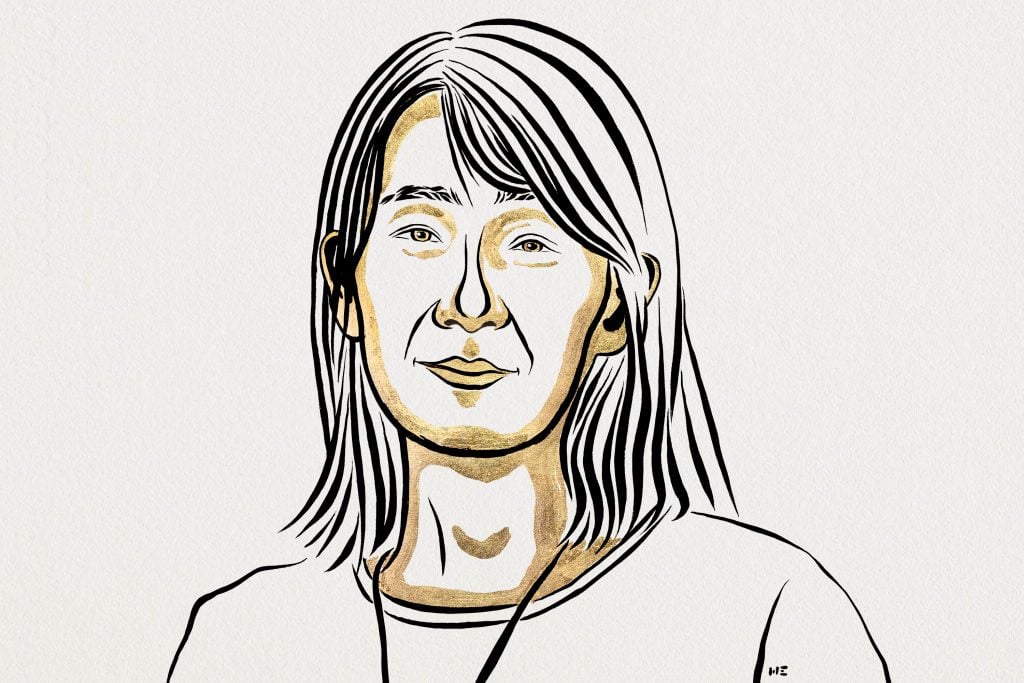
Quick facts
- Awarded to Han Kang
- Prize motivation: “for her intense poetic prose that confronts historical traumas and exposes the fragility of human life”
- The prize is awarded by the Swedish Academy
Han Kang exposes the fragility of human life
At 11:00 on 10 October, Mats Malm, Permanent Secretary of the Swedish Academy opened the famous door in Börssalen, Stockholm Old Town.
“The Nobel Prize in Literature for 2024 is awarded to the South Korean author Han Kang, ‘for her intense poetic prose that confronts historical traumas and exposes the fragility of human life’,” said Mats Malm, facing a large number of journalists.
Han Kang began her career in 1993 as a poet, but has since written mainly novels and short stories. In her oeuvre, Han Kang confronts historical traumas and invisible sets of rules and, in each of her works, exposes the fragility of human life.
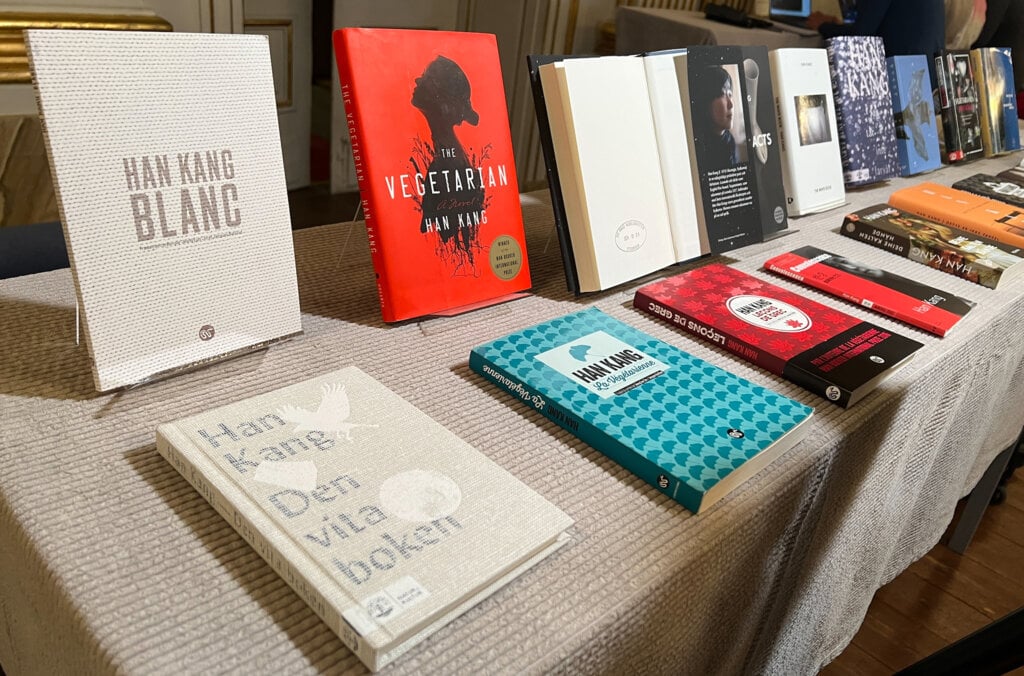
Among her work is the world-wide bestseller The Vegetarian, that portrays the violent consequences that ensue when its protagonist refuses to submit to the norms of food intake.
In the novel Human Acts, she employs as her political foundation a historical event that took place in the city of Gwangju, where hundreds of students and unarmed civilians were murdered during a massacre carried out by the South Korean military in 1980.
Anna-Karin Palm, co-opted member of the Nobel Committee for Literature, highlighted Human Acts in an interview following the announcement.
“Her very tender and precise prose in itself almost becomes a counterforce to this brutal noisiness of power.”
Anna-Karin Palm, member of the Nobel Committee for Literature
Watch the interview with Anna-Karin Palm after the announcement
Han Kang is the first literature laureate from South Korea, which she reflected upon in her first reactions after learning after the prize.
“I grew up with Korean literature, which I feel very close to. So I hope this news is nice for Korean literature readers.”
Han Kang
In her work, Han Kang approaches the genre of witness literature, a genre that has been recognized numerous times in the history of the literature prize. Svetlana Alexievich, Herta Müller and Imre Kertész are all literature laureates who write within this genre.
Nobel Peace Prize 2024

Quick facts
- Awarded to Nihon Hidankyo
- Prize motivation: “for its efforts to achieve a world free of nuclear weapons and for demonstrating through witness testimony that nuclear weapons must never be used again”
- The prize is awarded by the Norwegian Nobel Committee
A powerful international norm stigmatising nuclear weapons
The Nobel Peace Prize 2024, announced on Friday 11 October in Oslo, is awarded to the grassroots movement of atomic bomb survivors from Hiroshima and Nagasaki, also known as Hibakusha.
The fate of the survivors was long concealed and ignored. In 1956, local Hibakusha associations along with victims of nuclear weapons tests in the Pacific formed The Japan Confederation of A- and H-Bomb Sufferers Organisations, shortened in Japanese to Nihon Hidankyo. This grassroots movement soon became the largest and most widely representative Hibakusha organisation in Japan.
Nihon Hidankyo has two main objectives. The first is to promote the social and economic rights of all Hibakusha, including those living outside Japan. The second is to ensure that no one ever again is subjected to the catastrophe that befell the Hibakusha.
Through personal witness statements, Nihon Hidankyo has carried out extensive educational work on the catastrophic humanitarian consequences of the use of nuclear weapons.
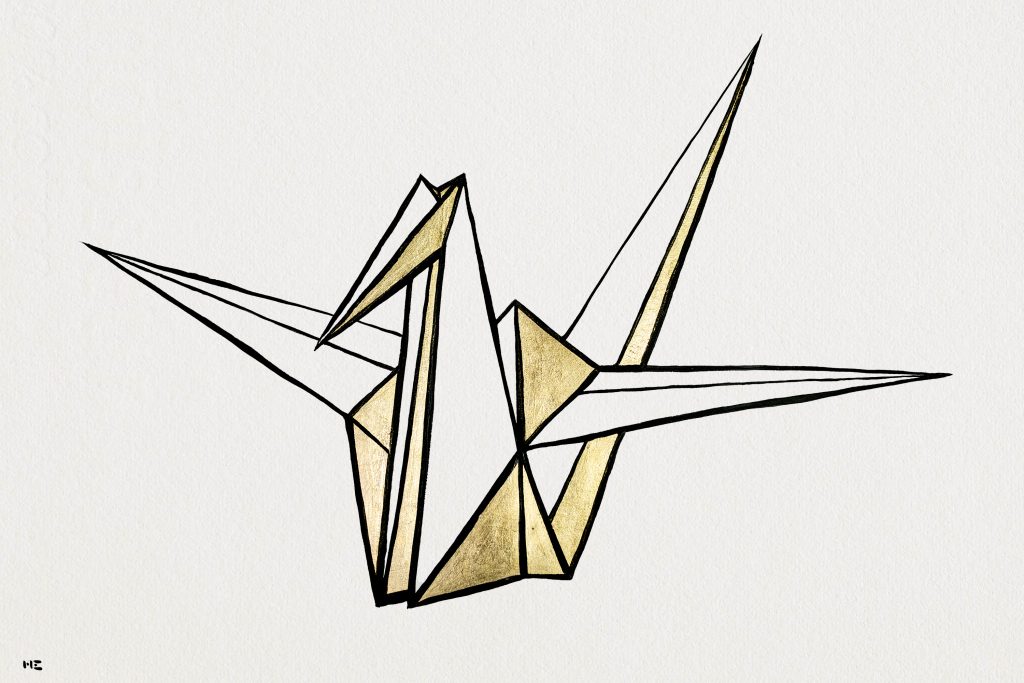
“The international norm against the use of nuclear weapons has been threatened and is under pressure. Therefore we want to highlight the important role of Nihon Hidankyo to support that norm,” said Jørgen Watne Frydnes, Chair of the Norwegian Nobel Committee, after the announcement.
This year’s prize joins a distinguished list of Nobel Peace Prizes awarded to champions of nuclear disarmament and arms control, such as the International Campaign to Abolish Nuclear Weapons (ICAN), International Physicians for the Prevention of Nuclear War (IPPNW) and Linus Pauling.
Sveriges Riksbank Prize in Economic Sciences in Memory of Alfred Nobel 2024
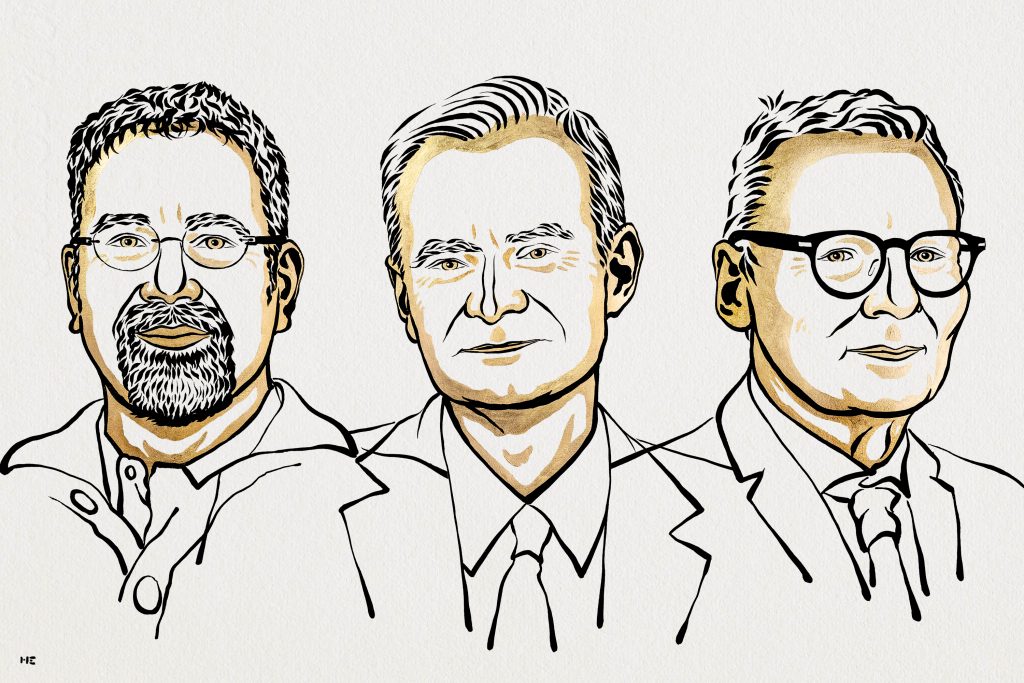
Quick facts
- Awarded to Daron Acemoglu, Simon Johnson and James A. Robinson
- Prize motivation: “for studies of how institutions are formed and affect prosperity”
- The prize is awarded by the Royal Swedish Academy of Sciences
They provided an explanation for why some countries are rich and others poor
The last prize to be awarded, on Monday 14 October, was the Sveriges Riksbank Prize in Economic Sciences in Memory of Alfred Nobel 2024.
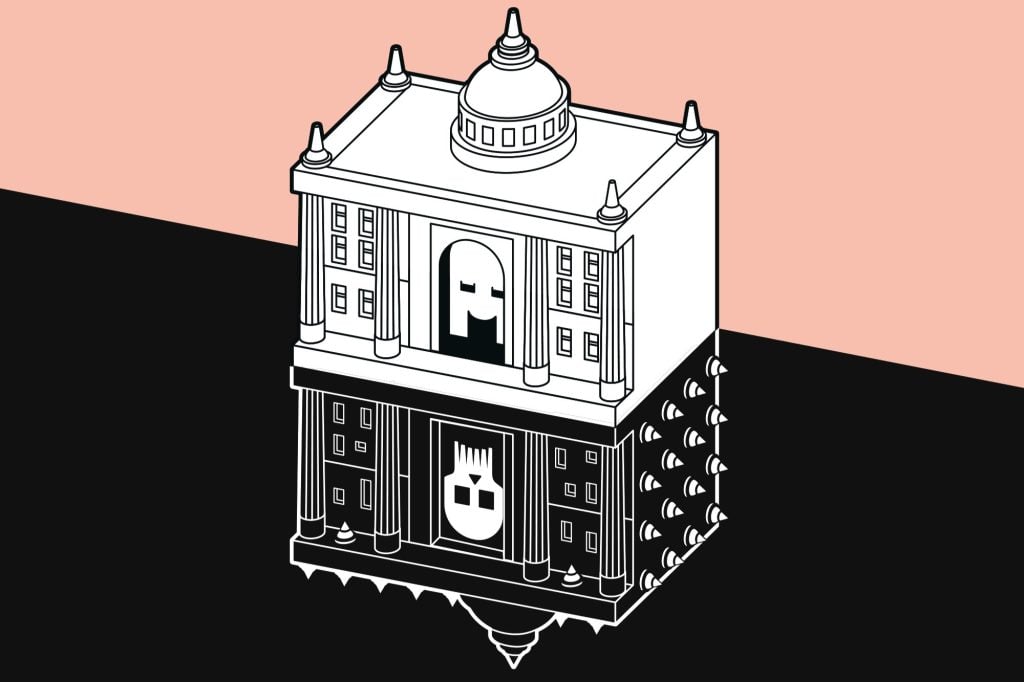
This year’s laureates have provided new insights into why there are such vast differences in prosperity between nations. One important explanation is persistent differences in societal institutions.
By examining the various political and economic systems introduced by European colonisers, Daron Acemoglu, Simon Johnson and James Robinson have been able to demonstrate a relationship between institutions and prosperity. They have also developed theoretical tools that can explain why differences in institutions persist and how institutions can change.
“More inclusive institutions – more prosperity.”
Professor Jan Teorell, member of the Committee for the Prize in Economic Sciences in Memory of Alfred Nobel
Watch the interview with Jan Teorell after the prize announcement
In our telephone interview with James A. Robinson after he learned about the prize, he talked about how societies can change from being extractive to inclusive.
“Inclusive institutions are not created by well-meaning elites. They’re created by people who fight for their rights and fight for a different vision of society,” said James A. Robinson.
This year’s prize adds to a list of economic sciences prizes within natural experiments, such as those awarded to David Card, Gunnar Myrdal and Friedrich von Hayek and Robert Fogel and Douglass North.